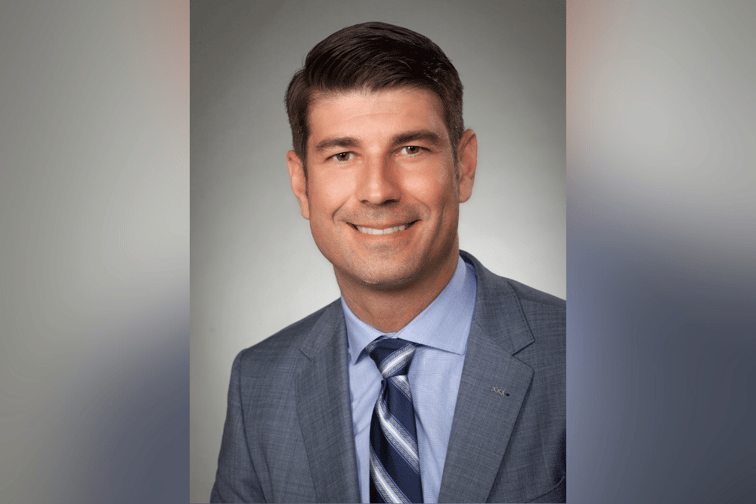

This article was produced in partnership with Intact Insurance.
Bethan Moorcraft, of Insurance Business, sat down with Jeff Smith, director, commercial lines, Intact Insurance, and Tim Geddes, chief sales officer, HUB International to discuss different approaches to commercial insurance.
Placing complex, out-of-the-box commercial risks can be a challenge, regardless of the state of the market. When the insurance market experiences the confluence of trends that have hit it over the last two years, commercial insurance brokers need to work hard to decide on their go-to-market strategies. These will vary depending on size of client and complexity of risk.
Small business accounts with simple risk profiles may be suited to standard underwriting products, which leverage artificial intelligence (AI) and machine learning to provide quick, inexpensive, low-touch insurance solutions. Meanwhile, larger, complex risks tend to require a more bespoke approach where brokers and underwriters must work in tandem to craft unique insurance and risk management solutions.
“There’s room for both the standardized approach and the bespoke approach in commercial lines,” said Jeff Smith, director, commercial insurance, Intact Insurance. “There are plenty of opportunities for brokers and underwriters to work together to add value for customers.”
The automation of simple, transactional business comes with multiple benefits for commercial lines brokers. It increases efficiencies in distribution, it reduces administrative burden and costs, it eases the load on underwriting desks (which piled high during the hard market), and, most importantly, it allows brokers to focus on their advisory role, thus providing more value to clients.
“Customers today expect a hassle-free experience enabled by technology,” Smith told Insurance Business. “Brokers and underwriters are on the same page and are working together to meet customer expectations. Both on small and large business accounts, there will always be a need for brokers to provide advice.”
Larger, more complex commercial accounts require a lot more collaboration between brokers and underwriters to achieve truly customized solutions, according to Tim Geddes (pictured), chief sales officer (CSO) at HUB International.
“It’s more of a long-term strategy, where the brokers, carriers, risk managers, and clients must align and identify an overall risk plan and appetite, both for insured and uninsured risks,” said Geddes. “With a typical risk, if a broker’s not happy with the pricing and coverage, they’re going to move that business. But on a more complex commercial account, brokers will ride the market up and down because they understand it’s a long-term partnership and everyone is working together.”
Geddes, like many commercial insurance brokers, felt somewhat let down during the height of the hard market because some insurers (not all) dramatically altered their risk appetites, declining long-term clients on renewal, instead of continuing to invest in long-term relationships. This is the opposite of what brokers want, according to Geddes, which is “consistent underwriting,” regardless of market conditions.
Geddes would like to see more clarity from commercial insurers about their risk appetites. He said: “Some carriers are focused on sectors or classes of business, while others are focused on best-in-class risks, regardless of industry type. Many haven’t been able to lay out strong, detailed risk appetites, and, in some cases, their appetites are changing all the time.
“Brokers want the best chance possible to close business. We’re working very hard to obtain the strongest coverage and pricing for our clients, and we need to be aligned with our carrier partners on risk appetite in order to achieve that.”
The HUB CSO said good underwriters were willing to entertain conversations around complex accounts, but only if brokers had conducted appropriate due diligence with clients and collected the right information and risk reports so that their submissions were as strong as possible. Submission quality continues to be important as market conditions change.
“Brokers and underwriters should plan jointly for success,” said Smith. “When underwriters ask brokers questions, we’re trying to get at the critical, ‘need to know’ information. We ask relevant questions because we want to find the most sensible underwriting approach that adds value for customers. That’s what commercial underwriting is all about: being open-minded and seeking the right solution for the customer.”
